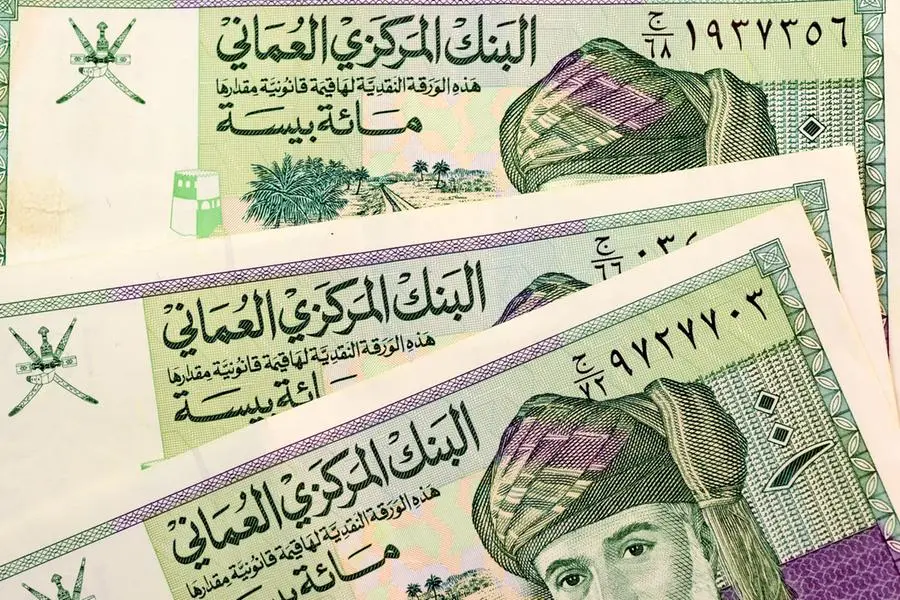PHOTO
Muscat – The windfall oil revenues from higher-than-budgeted oil prices and prudent fiscal management under the Medium-Term Fiscal Plan have eased debt pressure on Oman’s government and provided economic buffers, the Central Bank of Oman (CBO) has reported.
Oman’s fiscal position came under severe stress during the COVID-19 pandemic largely due to a significant drop in oil prices. This led to a decrease in GDP growth and an increased need for borrowing, putting pressure on the country’s debt sustainability.
‘Following the pandemic, economic activities have rebounded, benefiting from higher-than-budgeted oil prices. This, coupled with prudent fiscal management under the Medium-Term Fiscal Plan, has supported the government to reduce its debt by around RO4bn by the end of the first quarter of 2023,’ CBO said in its Financial Stability Report 2023, which was released on Wednesday.
The central bank noted that the reduction in Oman’s debt levels and the higher GDP have alleviated debt pressures. As a result, there has been a notable improvement in Oman’s debt sustainability.
The country’s debt-to-GDP ratio, which had reached the tipping point of 66% in 2021, has now decreased to around 40%, according to the CBO report.
‘With the government’s fiscal space showing improvement, it is expected that the issuance of new debt will decrease significantly in the near future compared to the previous years of fiscal distress (2015-2021). This positive trend reflects the government’s ability to rely less on borrowing as its financial situation strengthens.’
Low risks to financial stability
The report stated that the Omani financial system exhibited ‘remarkable resilience’ to the heightened volatility and liquidity stress that permeated a large part of the global financial system.
The central bank reaffirmed that ‘the short-term risks to financial stability in Oman remain muted and that the Omani financial system remains strong and well-poised to support the economy’.
The report said the interplay of elevated interest rates globally and bank failures in the US and Europe has put the global financial stability to test.
‘Going forward, threats from outside the financial system, including the US Federal Reserve’s monetary policy stance, geopolitical developments particularly in Europe, and the OPEC+ agreement will continue to weigh on the macroeconomic outcomes and financial stability in Oman.’
© Apex Press and Publishing Provided by SyndiGate Media Inc. (Syndigate.info).





















